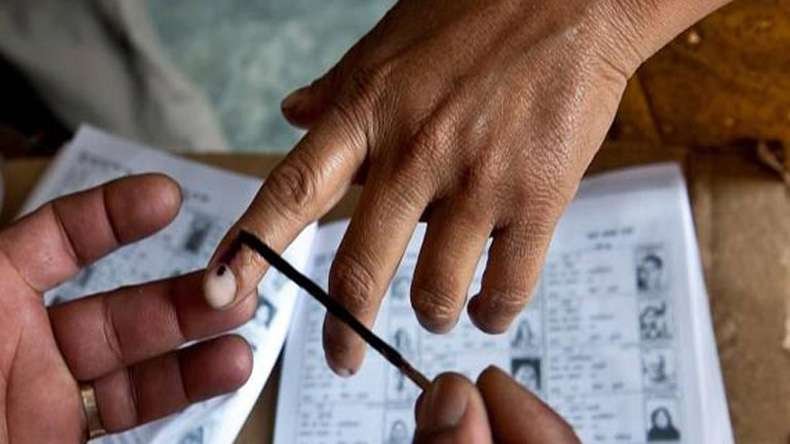The inconsequential, the trivial, and the unimportant are collectively more consequential and meaningful than the singular acts that attract attention for achievement or success. However, this collective remains unrecognized and uncelebrated, often unnoticed even by those closest to the circumstances—perhaps even by the performers of the acts themselves. If we were to delve deeper and peel these interactions layer by layer, we would likely find that everything noteworthy is inextricably tied to something inconspicuously ordinary.
The mediocre often face a life of lesser fortune in terms of wealth, status, and self-esteem, as their contributions frequently go unnoticed. This social invisibility leaves them dispirited and emotionally drained. Yet, as a parent, sibling, classmate, tutor, colleague, friend, or neighbor, these individuals may have inadvertently triggered actions, nudged correct turns, or inspired self-reflection in achievers.
All achievers stand not just on the shoulders of giants but on the myriad ordinary interactions that subtly yet significantly influence their journey. This inherent interconnectedness is often overlooked—not out of "blatant ingratitude," as Nicholas Taleb suggests in The Black Swan, but because the importance of the ordinary act often becomes evident only in hindsight, at the precipice of achievement.
Imagine a relay race with hundreds of runners in sequence, but only the last person crossing the finish line is celebrated. In such a race, the sequential contributions of all runners are naturally visible. In life, however, the role of many remains invisible, buried behind the glare of triumphant moments. Even the contributions of lost and unfinished races can be pivotal in the victories of others. The interplay between the inconsequential and the consequential is profound, and it takes countless unnoticed elements to create something extraordinary.
The mechanics of achievement involve breaking inertia, making consistent efforts over time, working efficiently, and matching effort to goals. However, even when these principles are followed, success is never guaranteed. Scientists often labor in obscurity for decades, businesspersons follow successful strategies and yet fail, and countless sportspersons never reach the pinnacle despite their talent and effort.
What sets winners apart are subtle, often intangible attributes: motivation, risk tolerance, perseverance, self-belief, and discipline. These traits, forged early in life, are heavily influenced by the psycho-socio-cultural milieu and the small, everyday interactions that contribute to it.
So, what does this mean for us?
First, for those who lead "ordinary" lives: reflect on the small but significant contributions you have made to the successes of others. Live with a sense of freudenfreude—the vicarious joy that comes from others’ success. Recognize how your influence has shaped the destinies of others through timely encouragement, thoughtful observations, and much-needed corrections. Keep playing your part, and continue to be a positive influence on everyone you meet. Your impact is profound, even if it often remains invisible.
Second, for those who have achieved significant success: cultivate gratitude, humility, and respect. Reflect on your victories and acknowledge those who contributed to them. Think about the silent, quiet contributors who shaped the significant turns in your life that led to your current success. Take a moment to offer them a heartfelt “thank you,” even if it is just a silent expression within. Without their contributions, your achievements might never have come to fruition.
Through this, one will become more aware of the interconnectedness of everything in life, appreciating how even small ripples can carry a seed, pregnant with possibilities, to the fertile shores of abundance.






